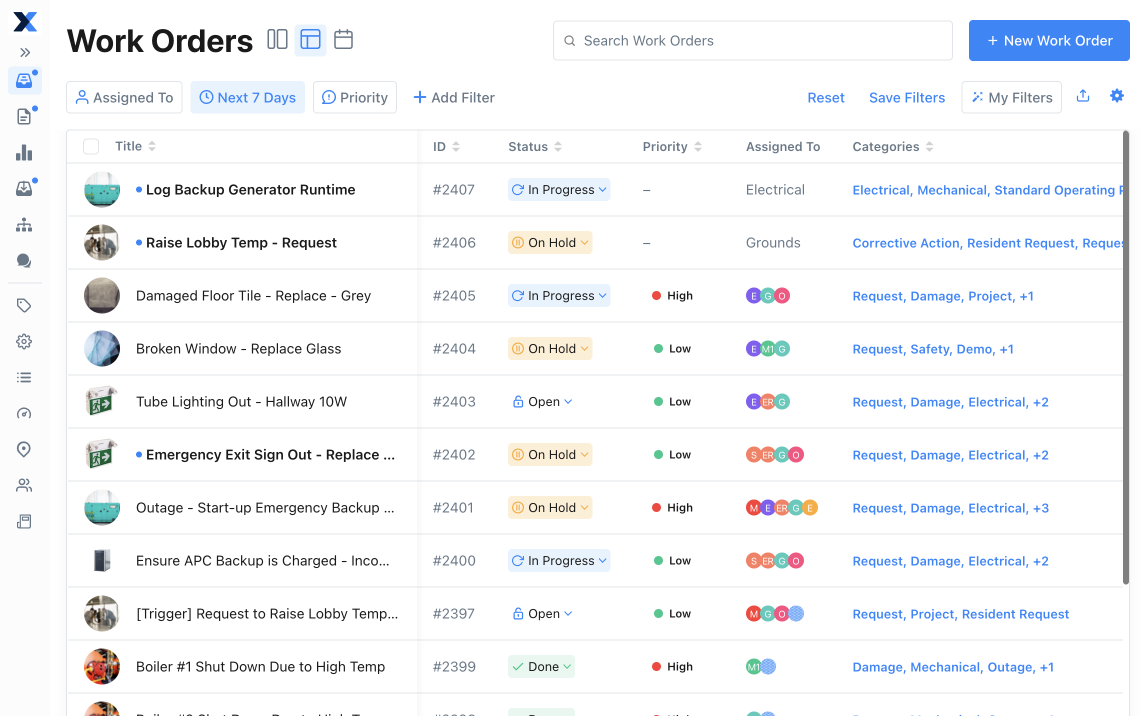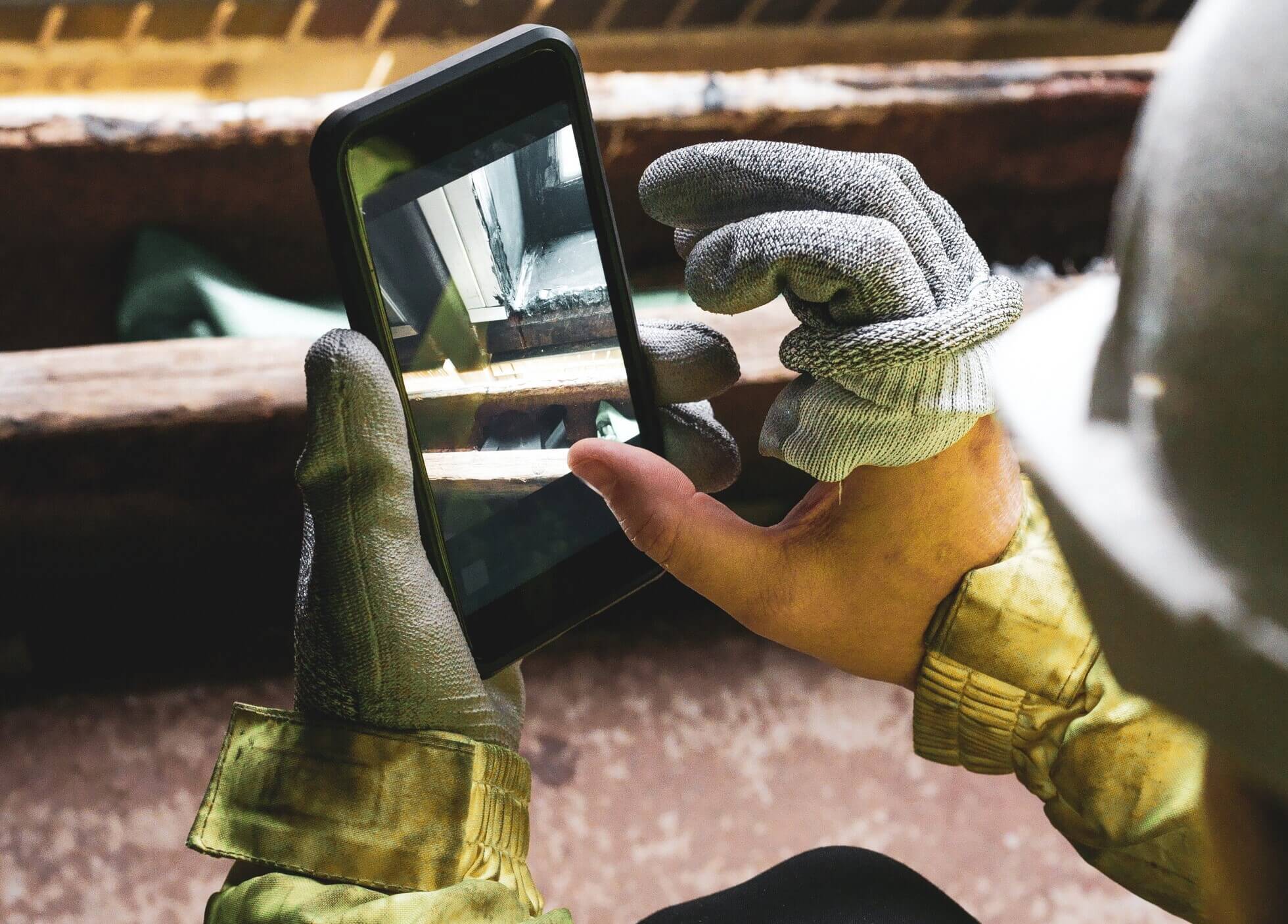
Across various industries, professionals use Computerized Maintenance Management Systems (CMMS) to optimize preventive maintenance, simplify task management, and streamline overall processes. Healthcare organizations use CMMS and EAM solutions to communicate, act on, and monitor tasks across organizations.
While often used for periodic maintenance of assets, work order software doesn’t just serve the manufacturing and heavy equipment industries.
Despite activities differing significantly, hospitals and healthcare providers also follow standard operating procedures (SOPs) and regulatory guidelines. SOPs provide safe, approved, and consistent procedures for predictable outcomes.
CMMS provide this standardized approach, giving healthcare providers consistency and accuracy to deliver the best patient care and outcomes. We cannot overstate a CMMS's importance for healthcare facilities.
“Technology has been changing the delivery of healthcare around the world. Today, workflow automation and AI are having a profound impact on healthcare processes at all stages of the patient process. . . Process automation, AI, and machine learning are all well-suited to handling vast quantities of data and managing repetitive tasks.” DHGE
Optimizing Healthcare Operations with a CMMS
CMMS software allows healthcare professionals to customize documentation and procedures to their facility’s specific needs. You can create checklists, procedures, and preventive maintenance schedules to maintain everything from HVAC equipment to wheelchairs and stretchers.

Healthcare assets, from floor scrubbers to defibrillators to surgical lights also need regular maintenance to stay in working order. CMMS systems allow you to create all types of workflows, plan maintenance schedules, and allocate preventive maintenance tasks to a staff member or team.
Benefits of using CMMS solutions in the healthcare industry include the following:
Staying in Regulatory Compliance
As with most industries, healthcare organizations operate under strict regulatory frameworks.
Best practice approaches, such as the WHO’s surgical safety guidelines, aim to help reduce poor patient outcomes. For example, nearly half of all adverse events in hospitalized patients are related to surgical care.
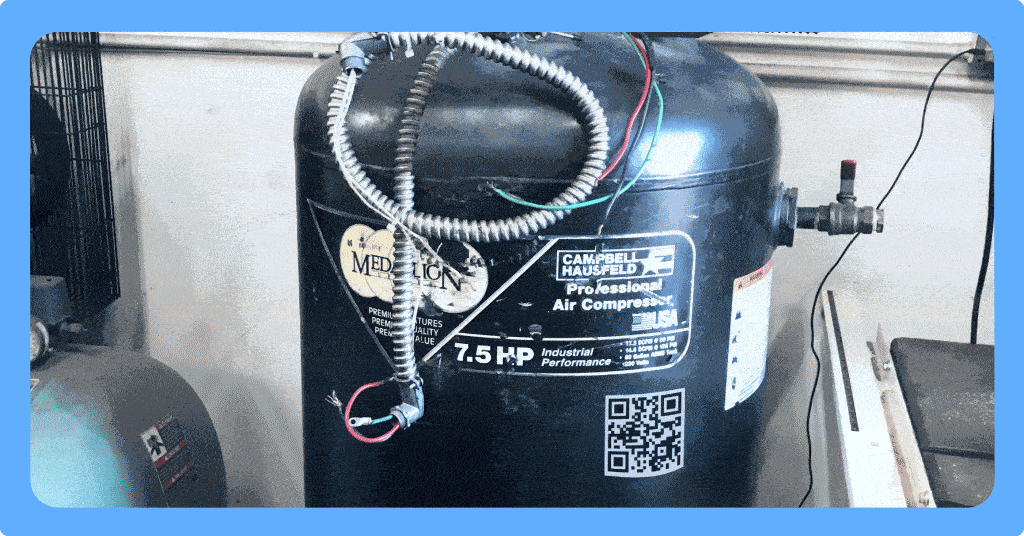
Creating Digital Compliance Work Orders
With CMMS programs, healthcare managers can implement digital work orders to manage compliance protocol. You can automate regular inspections and schedule compliance activities beforehand.
CMMS with mobile work order modules helps ensure teams receive routine maintenance notifications along with work instructions for compliance activities according to schedule.
Standard operating procedures and checklists can also simplify this process for staff, ensuring your compliance protocol is easy to understand and execute.
Storing and Accessing Regulatory Information
Instead of relying on pen-and-paper compliance instructions, teams can use work order management software to store regulatory data. Using a mobile CMMS with cloud-based storage makes this data even more accessible to staff via smartphones.
All it takes is the click of a few buttons to find the necessary regulatory instructions. In-app chat features also enable staff to communicate directly and seek clarification about unclear instructions.
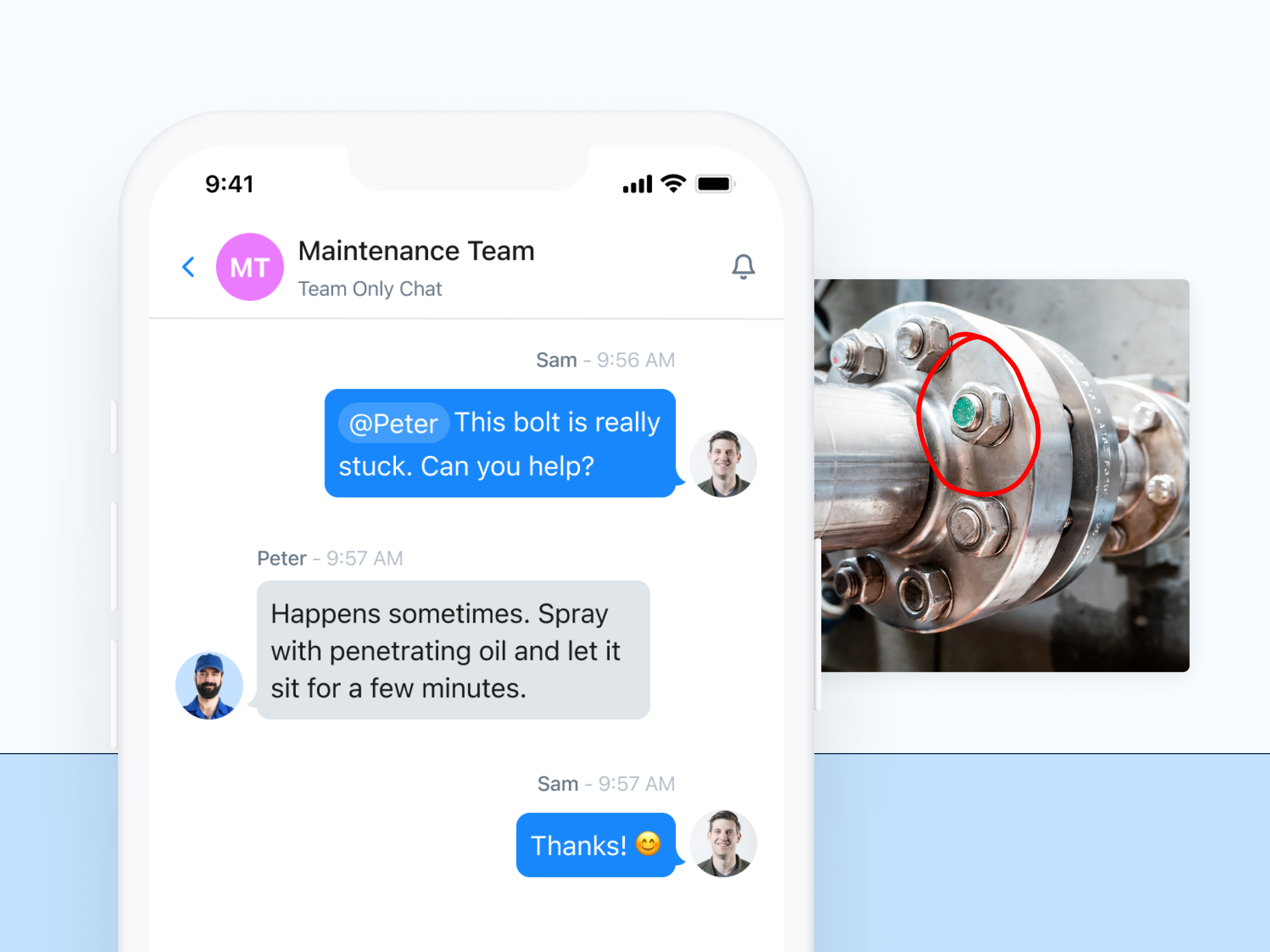
Maintaining Audit Trails
Does anyone enjoy the hassle of organizing paperwork in preparation for a visit from the regulator? The right plan on the right work order software simplifies this process by automatically storing a history of your activities. By documenting your compliance efforts as you carry them out, you ensure that you have robust data to support an audit.
“Healthcare Facilities Management integrates the principles of planning, operations and business management with the engineering and medical services to create and preserve a safe and effective healthcare environment.” Health Facilities Management
Optimize Your Healthcare Efforts and Resources
Ensuring you make the best use of your resources requires constant assessment and reiteration of your past efforts. A CMMS can help you monitor your activities with the following features.
KPI Tracking
Just as you want your equipment and supplies always available, you need to ensure that workers can work optimally. Achieving this requires monitoring their schedules and work times, so they can show up to work equipped to offer the best care to patients.
With a CMMS, you can track staff hours and make informed decisions when organizing future schedules. You’ll know how long specific tasks take, which employee spends longer doing what, and where each worker’s strengths lie.
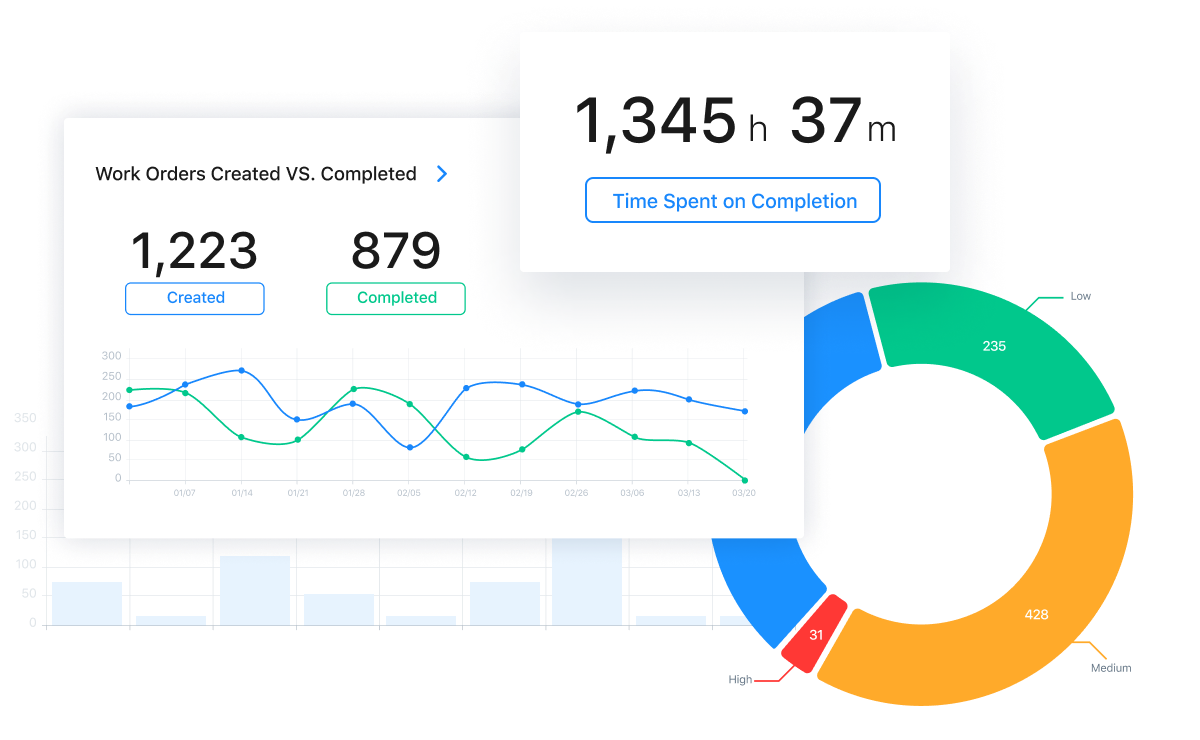
Reporting Dashboards
With the right CMMS maintenance solution, you can audit and learn from your maintenance processes. You don’t want to realize months down the line that you’ve been spending money on maintenance efforts that haven’t yielded desired results.
With 2022 being the worst financial year for the US healthcare industry since the COVID-19 pandemic began and more than half of US hospitals recording negative margins, optimizing resources has never been more critical.
A CMMS can help you track valuable metrics to optimize your operations, analyze the outcomes, and visualize the results.
For example, is your MTBF (Mean Time Between Failure) for a specific asset increasing? That might mean there’s a deeper problem with the asset. MaintainX CMMS comes with reporting modules that generate actionable insights, which enable data-driven decision-making. Quickly identify and highlight areas to improve, access advanced analytics, and drive operational improvements.
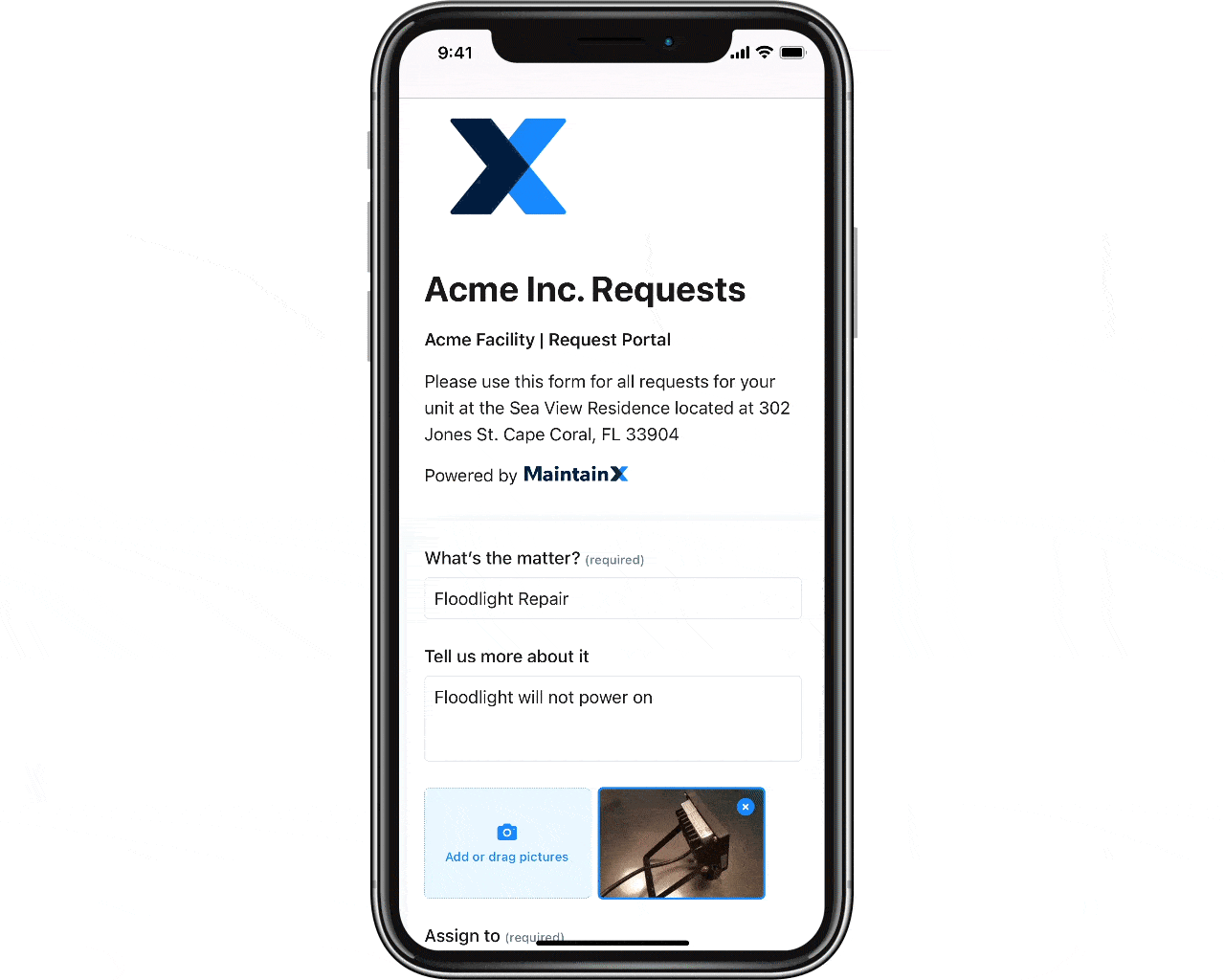
Know Who Is Accountable for What When
A robust CMMS, such as MaintainX, helps healthcare management teams give specific personnel sign-off authority and allocate tasks like equipment repairs to vendors outside the healthcare organization.
In the event of an adverse patient outcome, well-implemented preventive maintenance practices encourage root cause analysis to find the failure to prevent equipment failure in the future. In fact, robust maintenance management software provides a solution for asset management, maintenance tasks and workflows, inventory management, work order management, and operational efficiency for maintenance teams.
Likewise, suppose something goes wrong in the workplace. In that case, a healthcare CMMS is valuable by automating and saving digital trails of who completed a task, who approved it, and who reported any warnings beforehand.
Help Temporary Staff Follow Procedures
Facilities management must ensure that everyone follows the correct processes and procedures in large facilities or workplaces with a high percentage of casual and temporary.
A CMMS solution helps overcome this challenge by providing functionality for organization-wide access to relevant tools, checklists, instruction manuals, and guidelines. As a result, new employees unfamiliar with workplace processes can access a single source of truth to find the approved way to carry out their work.
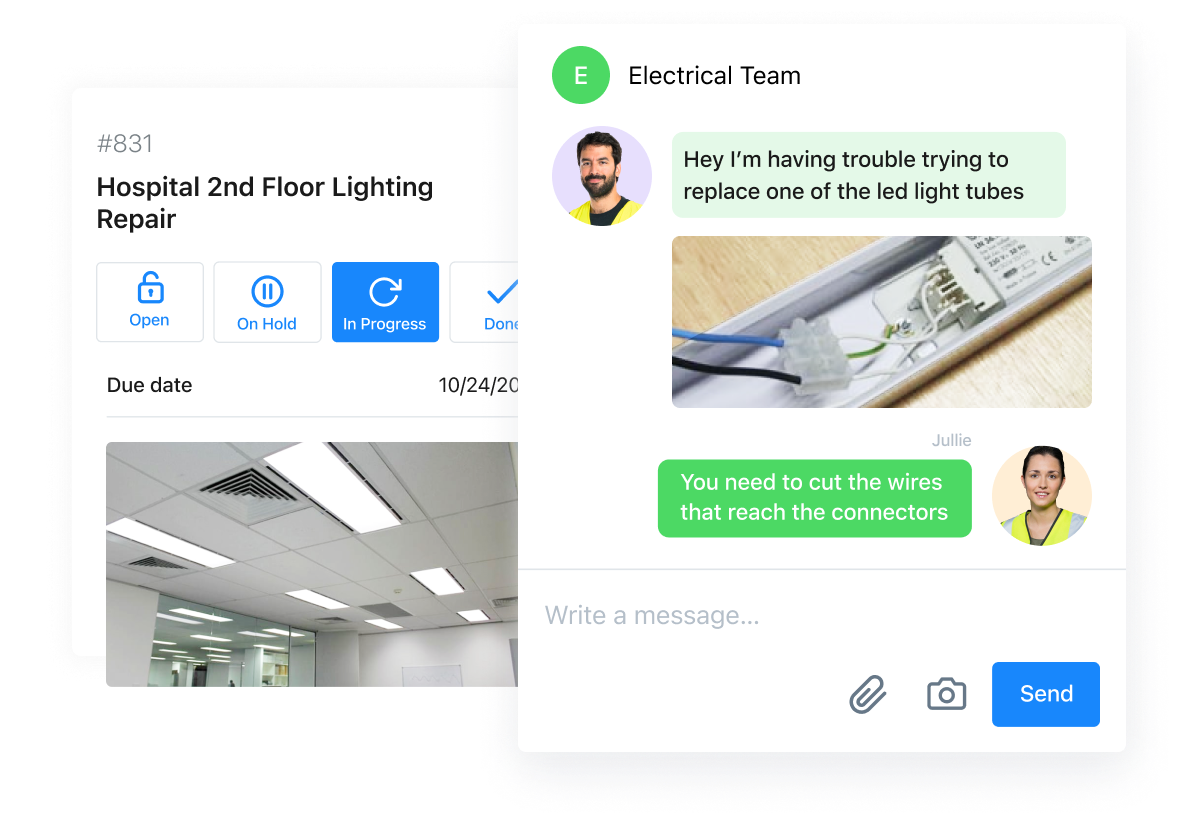
Examples of CMMS Use in Healthcare
Healthcare professionals use Computerized Maintenance Management Systems to:
- Monitor the uptime of critical assets, such as scanners, operating room booms, and autoclaves, to ensure teams perform periodic maintenance on time.
- Ensure staff always follow gold-standard procedures, such as surgical safety, COVID-19 healthcare planning, and the transport and arrival of patients.
- Conduct PPE, safety audits, and hazard identification to ensure regulatory compliance with OSHA requirements in the workplace.
- Create checklists and standard operating procedures for cleaning and disinfecting surgical instruments and conducting support services, such as kitchen and laundry operations.
- Store instruction manuals for critical medical devices and equipment maintenance so they are accessible to employees at all times.
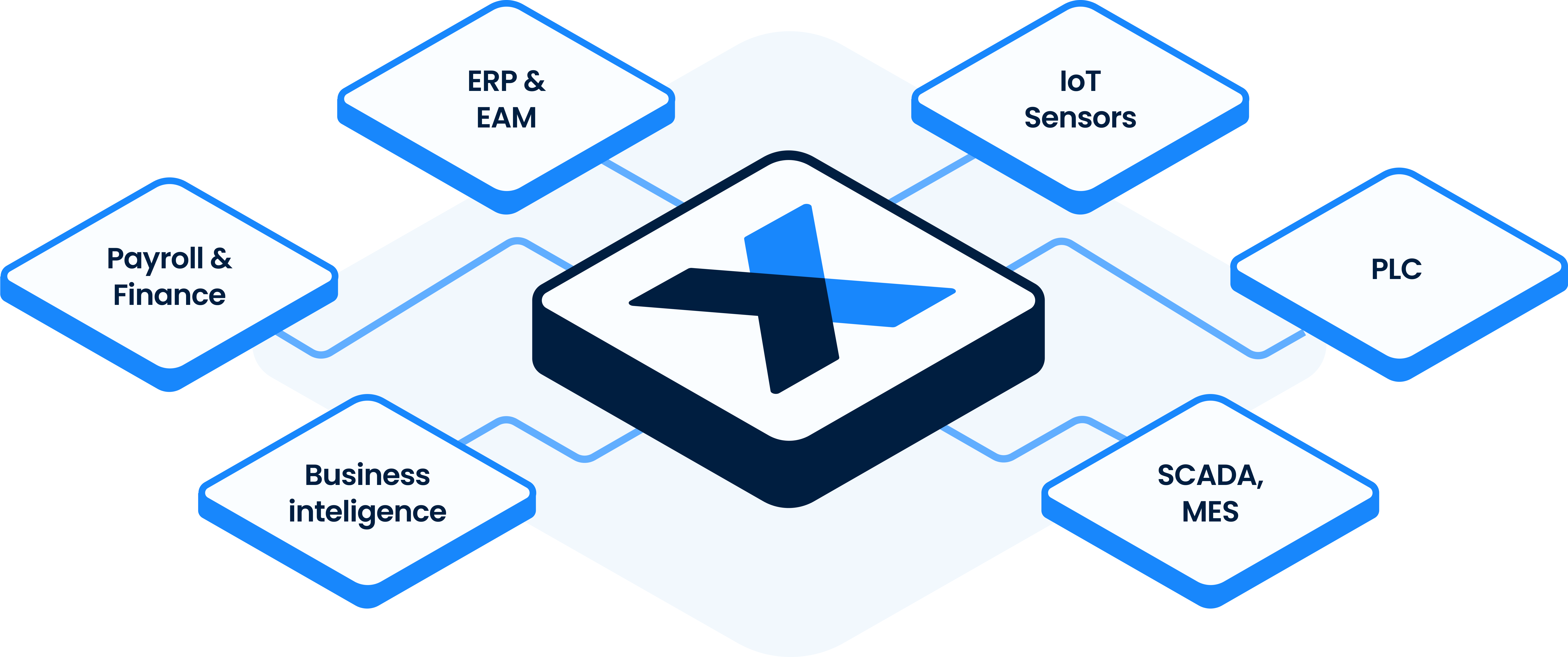
MaintainX Is Your Healthcare CMMS Solution
MaintainX is a CMMS solution available on the web and as an iOS app via the App Store or Android via Google Play. Healthcare professionals use its simple interface to create checklists, add standard operating procedures, allocate tasks, ensure patient safety, and log work orders.
MaintainX can help you and your team:
- Gather real-time information about your operations
- Digitize your data and eliminate version control issues and outdated information
- Generate reports to analyze trends to work on continuous improvement
- Monitor the status of equipment and quickly respond to unplanned breakdowns
- Maintain an audit trail of who did what when
- Collaborate across departments and streamline communication
- Decreased reactive or corrective maintenance, improved efficiencies, and increased profits
A user-friendly CMMS in your healthcare facility will save time and improve efficiency to provide the best patient care.
Ready to implement a healthcare CMMS? Contact us to get started.
FAQs

Caroline Eisner is a writer and editor with experience across the profit and nonprofit sectors, government, education, and financial organizations. She has held leadership positions in K16 institutions and has led large-scale digital projects, interactive websites, and a business writing consultancy.





.jpeg)
.jpg)
.jpeg)

.jpeg)
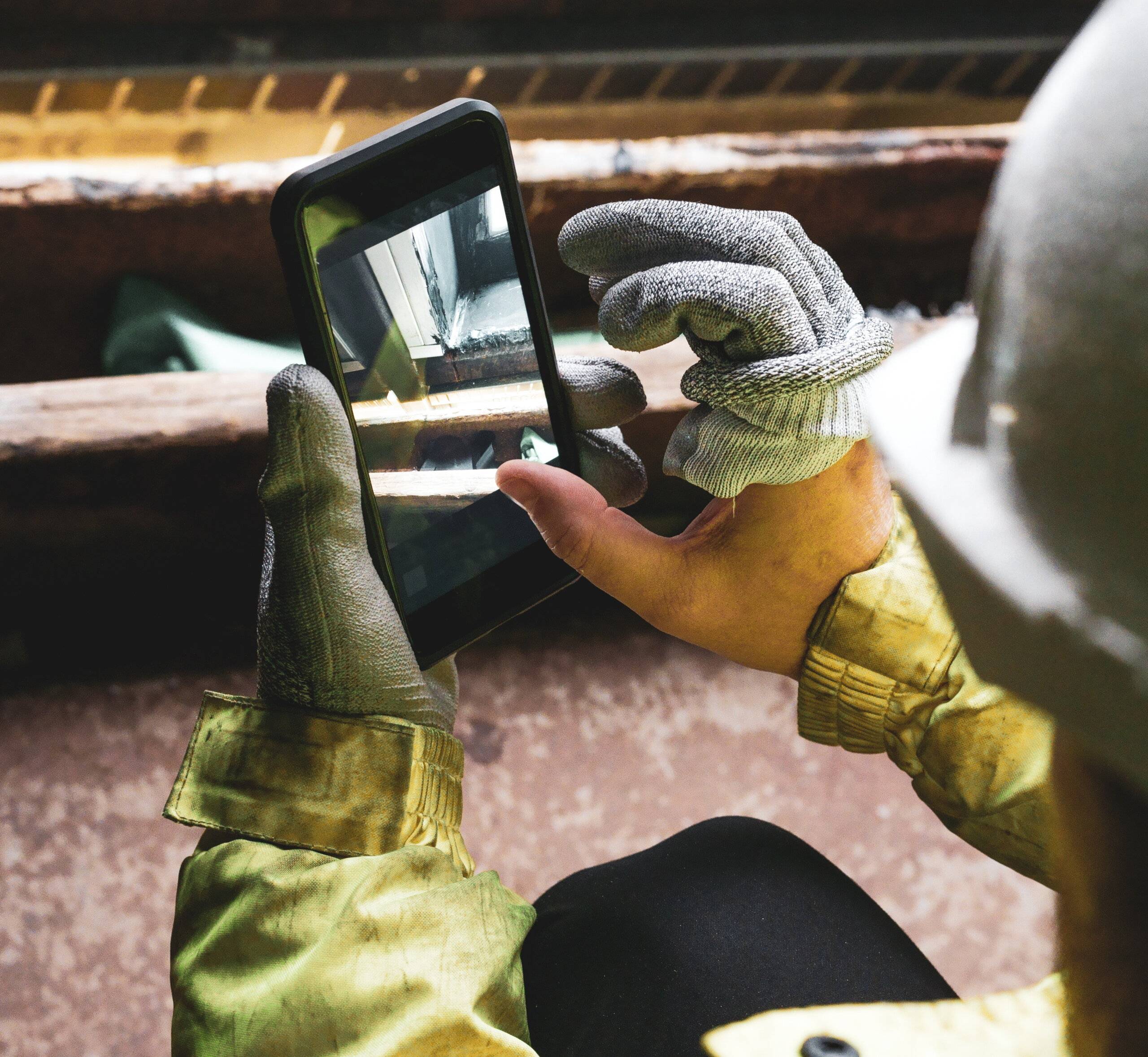




.jpeg)

